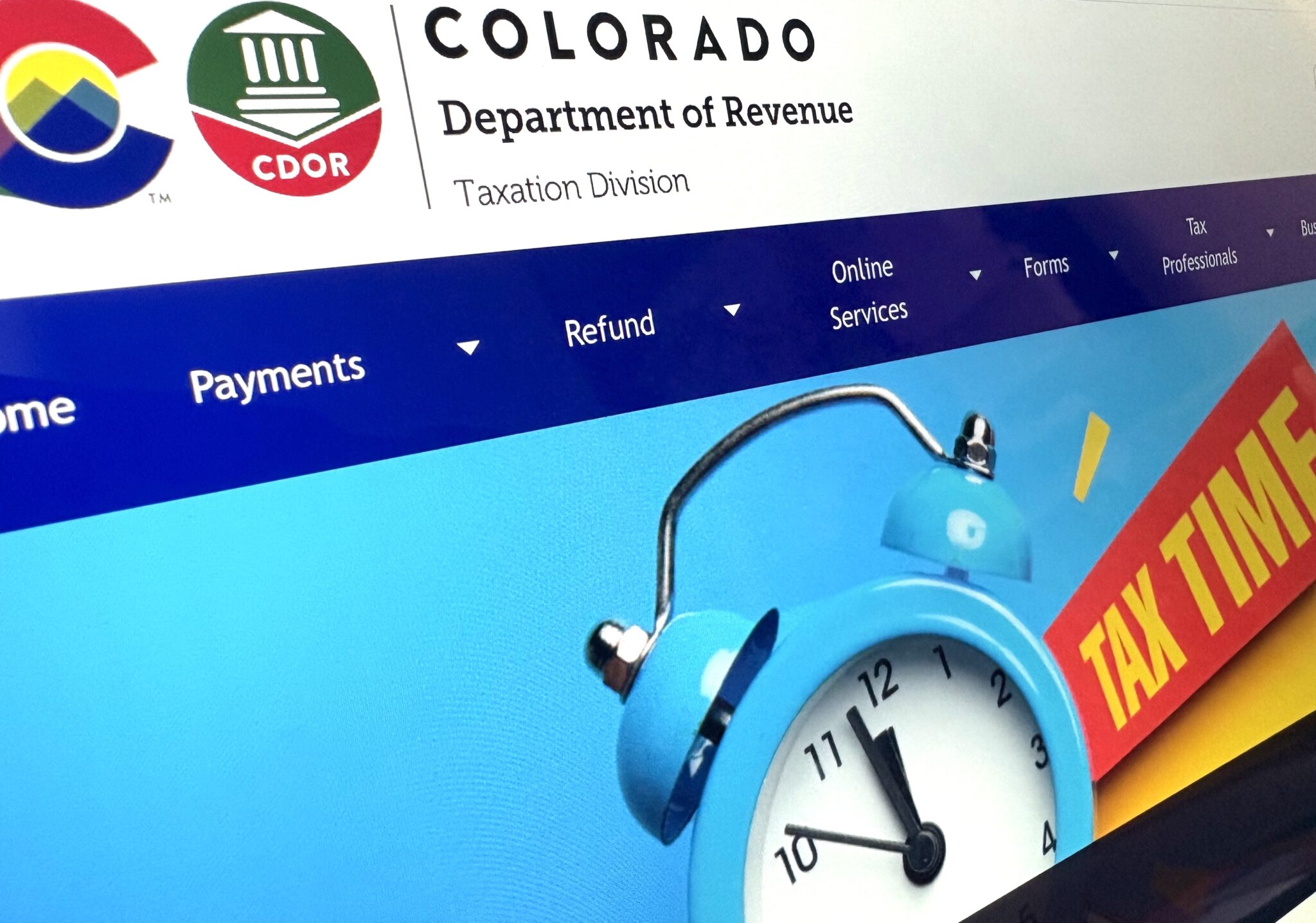Crypto Tax Windfall Fizzles: Colorado's Digital Currency Revenue Falls Flat

Colorado's Bold Experiment with Crypto Tax Payments: A Modest Reality Check
Since pioneering the acceptance of cryptocurrency for state tax payments over two years ago, Colorado has discovered that the innovative approach has yet to make significant waves in government revenue collection. Despite the state's forward-thinking initiative to embrace digital currencies, the actual volume of tax payments made in Bitcoin, Ethereum, and other cryptocurrencies has been surprisingly minimal.
The state's groundbreaking policy, which allows taxpayers to settle their tax obligations using digital currencies, was designed to position Colorado at the forefront of financial innovation. However, the practical implementation has revealed that most taxpayers still prefer traditional payment methods like checks, credit cards, and electronic bank transfers.
While the program demonstrates Colorado's openness to emerging financial technologies, the actual cryptocurrency tax payments have been so low that they barely register on the state's financial radar. This outcome highlights the ongoing challenge of mainstream cryptocurrency adoption, even in tech-forward jurisdictions eager to embrace digital financial solutions.
The experiment continues, serving as a fascinating case study in how cutting-edge payment technologies are gradually being integrated into traditional government financial systems, one small step at a time.
